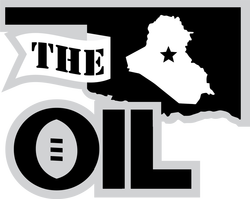|
By Justin C Cliburn Ten years ago today, SGT Jeremy King was killed by a sniper in Baghdad. He was not a part of the 158 or the Oklahoma Army National Guard, but he was a brother-in-arms. On August 24, 2006, he was killed in an area close to where my squad went most days. Needless to say, it affected me. I was an audio witness that day and eventually wrote about his death in a piece titled "The Radio." I share it today to keep the memory of SGT King alive. I didn't know him, but he had brothers-in-arms, friends, family, a wife, and a daughter who all loved him very much. He deserves to be remembered. "The Radio" is reproduced after the jump.
0 Comments
The NFC voted Monday to rename the Harrington Trophy in memory of SFC Isaac S. Lawson, who was killed in action during a convoy with the 158 on June 5, 2006. The new home of the Lawson Memorial Trophy is here. The legend of Nathan Harrington will live on at the previous webpage for the trophy.
Compiled and edited by Justin C. Cliburn This is the first installment in our ongoing oral history project. You can read later chapters here. To understand the OklahomIraqis League ("the OIL"), one must know who its members are and what brought them together. The league began at Camp Liberty in Baghdad, Iraq in 2006. It was resurrected in 2007 and kept alive each successive season. It's the way they keep in touch and share news with the men they served with in Iraq. Sometimes it's the only way because, although the men of the OIL are incredible friends, they may have never known each other without the Army National Guard. They came from different backgrounds and followed different career paths, but they served together as soldiers. Their bond would never be what it is without the experiences they shared one year in Iraq. 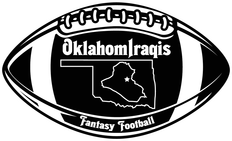 Their story is important, even if only to them, because when historians chronicle the Iraq War, they will focus on the usual fare: the battles; the successes and the failures; the bombings and the civil war . . . and the presidents and generals who managed them. But it will be up to the everyday Joes, the boots on the ground, to tell their stories . . . because no one else will. Who were these men? Why did they join the military? What did they do over there? How are they now? And what has kept them close since they first went to war together? These questions may be important only to those who already know the answers, but they need to be shared just the same. 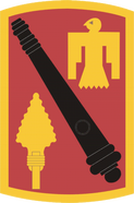 What follows is an oral history of the OIL, as told by the men who lived it, beginning with the combat mission that inspired it. It is by no means an exhaustive history of that combat mission in 2005-2006; such a history would fill a book of its own. But it is a decent overview of the year that preceded the formation of the OIL: where they were; what they'd experienced; how they felt. 152 Oklahoma soldiers served on that mission, but just a fraction of them are represented here. Each soldier below speaks for himself as an individual. Collectively, their memories form a history best expressed through the oral tradition of storytelling through conversation. Soldiers are traditionally a guarded bunch, reluctant to show emotion or share their feelings, so the following is a rare look into the collective memory of one group of soldiers in Iraq almost a decade ago. By Justin C. Cliburn
NOTE: This has nothing to do with fantasy football. It is merely the opinion of the author. I don't know about you, but I have mixed feelings about Veterans Day. Being thanked for my service always feels awkward . . . almost fraudulent. I am a veteran, and I did serve in a combat role. But I feel like my service was meaningless. No one at home is any safer or more free because of my actions in Iraq in 2006. And it's hard to convince me anyone in Iraq was (or is) safer because of my service. So I shudder when I'm thanked for the time I spent in uniform . . . feeling like I just received an undeserved award and don't know how to politely return it. I did serve though. And, no matter the short- or long-term effect it had on Americans and Iraqis, I risked my life every day in Iraq while wearing the U.S. Army uniform. Hence, the mixed feelings. But I know that these are all my own personal feelings, and it would be rude to unload all of them on an unsuspecting stranger just trying to do the right thing on Veterans Day. So I say thank you and move on, but the mixed feelings remain under the surface. Those that know me from the 2006 deployment also know that I came home and joined Iraq Veterans Against the War. Many in our unit were unhappy with that. They told mutual friends I'd betrayed them for giving my personal opinion on the war. That hurt, but it did not stop me from using the First Amendment freedom we all swore to uphold. If I could do anything differently, it would be to choose my language more wisely back then. I think some of our guys perceived what I said as an indictment on my unit, my fellow soldiers, the Army, and our country. But it wasn't. It was an opinion on a policy and its effects. Of course, when I gave my opinions on the policies that made up the Iraq War, I was a young 20-something fresh out of the sandbox. I hadn't taken classes in communication, public relations, law, or journalism. I didn't think about all the ways my language could be interpreted before spouting off at the mouth. I didn't even own a thesaurus. I once said that we were subjugating Iraq. That wasn't accurate, and I earned a lot of criticism for that statement. But the hyperbole made sense in my head. If I could do it over again, I wouldn't have used that word. But that's because I'm now in my 30s with more life experience and more education . . . and a thesaurus. I also wrote about the possibility of refusing to go back to Iraq. I wrote about maybe seeking a conscientious objector discharge. I considered both as my thoughts on the war weighed heavy on my conscience. The problem is that my life back then was a stream-of-consciousness journal routinely published online. So, even though I quickly dismissed the idea of refusing to deploy again, I was labeled a traitor by some. Others said I was a member of the female anatomy for seeking a conscientious objector discharge . . . even though I didn't. I researched it and ultimately decided I wasn't a conscientious objector. I was just a young, angry, confused, bitter soldier who should have been discussing his issues with a trained professional rather than posting them all online for the world to read and interpret on their own terms. So that experience speaking against the war fuels the mixed emotions I have on Veterans Day. Personally, I still think the war was a disaster and my service helped no one. But I'm proud of my (our) service. I woke up each morning knowing it could be my last and still rode off the base standing out of the top of a humvee. I followed orders. I got shot at. I experienced IED blasts; Hell, we all did. I did my job the best I could. I protected my friends and comrades while treating everyone with the most humanity I could in the situation. And that's what brings me to my message for all my fellow veterans of that 2006 mission. You did, too. Just know that I know that. And I won't forget it. No matter my opinion, your opinion, or anyone else's opinion of that war, we all did our jobs. We risked our lives every day because our country asked us to. Some of us did it because we thought it kept the country free. Others because of the adventure. Still others to provide a better future for their families. But, no matter the reason, you risked your life doing something that the vast majority of our citizens never will. Thank you. I am proud of my service. I am proud of your service, and I respect all of you more than you'll ever know. If I didn't, I wouldn't devote so much time to this website. To our oral history. To keeping in touch. To remembering our fallen friends. However you feel about Veterans Day, I hope today is the best Veterans Day it can be for you . . . wherever you are now. While the OIL was born in Baghdad, the Hangovers/Arrogant Americans rivalry evolved slowly over multiple locations. The franchises were rivals long before the league permanently matched them up for Rivalry Week. And it came naturally. They prepare the entire season for their annual matchup.
For the past couple months, we've been compiling conversations with members of the OIL and the SECFOR mission that started it in an attempt to create an oral history of both the league and the 2005-2006 Iraq mission. What started out as a plan to document the first 10 years of the OIL became more and more an effort to collect the memories of our year in Iraq together. I've reached out to a local publisher for advice as well as the University of Oklahoma Press. When the section on the SECFOR mission is complete, I'll provide a way for those interested to order a printed copy. We plan on continuing this oral history project for each season of the OIL until the close of the 2014 season. Then, at the 2015 draft party, everyone will receive a copy of the Book of OIL chronicling the first 10 years of the league.
Our little history project includes contributions from LTC Allen J. Bentley; MAJ Charles Neely; CPT Mark Fitzgerald; 1SG Mark Braley; and SGM John Jenson, as well as numerous members of the OIL and those on the SECFOR mission. Before I can hit "publish" on the first chapter (covering Desert Storm to the end of the 2006 mission and fantasy football season), I need more information from just a few guys. To see how far along this project is, click on this link to view a "secret" draft through our Web site builder. Right now, the first section is about 75 standard 8.5" x 11" pages long. When converted to the standard paperback size of 6" x 9" it is 140 pages long. Future chapters (covering each succeeding season of the OIL) will not be nearly as lengthy, but it's important to chronicle everything. I hope you agree.  SFC Defoor was on the 2005-2006 mission when the OIL was born. He was a fantastic maintenance chief and is now on his fourth combat tour, this time in Afghanistan. He is in the Lawton Constitution this morning. Stay safe, SFC Defoor. "ZABUL PROVINCE, Afghanistan Vernon Defoor is a soft-spoken man, a laid-back, relaxed, humble Oklahoman with no desire for the spotlight. |
January 2024
All
|
The OklahomIraqis League
|
|






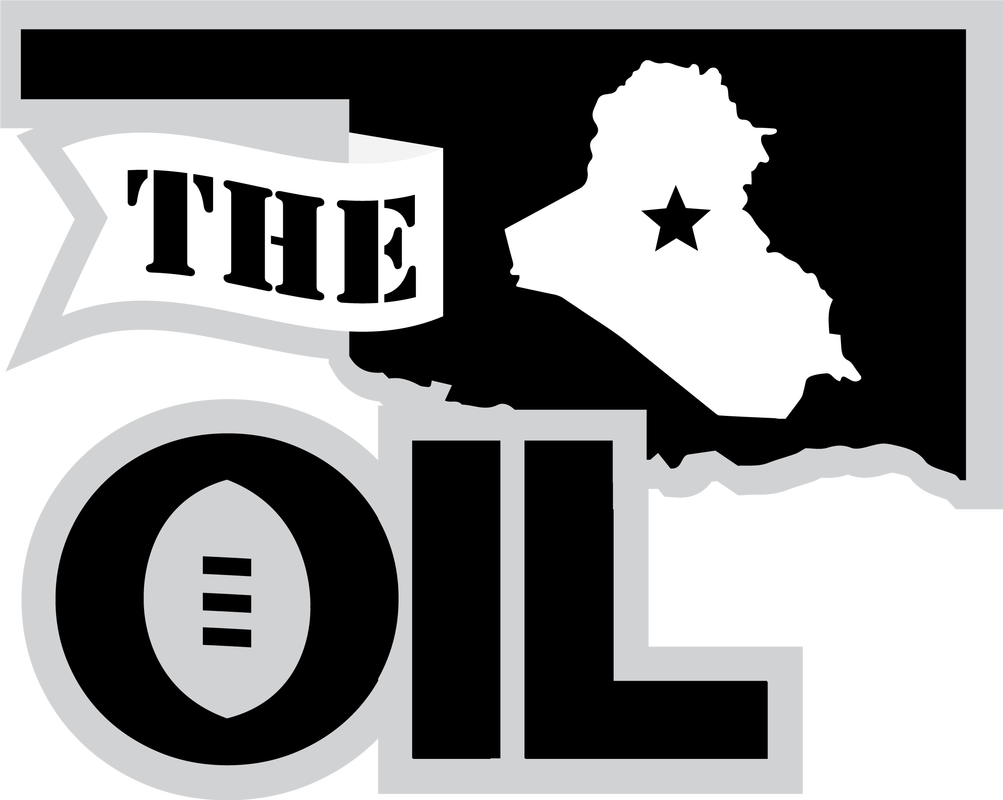





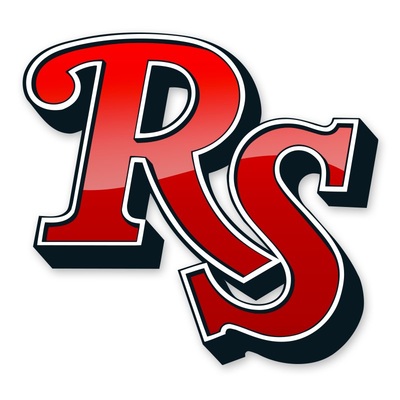




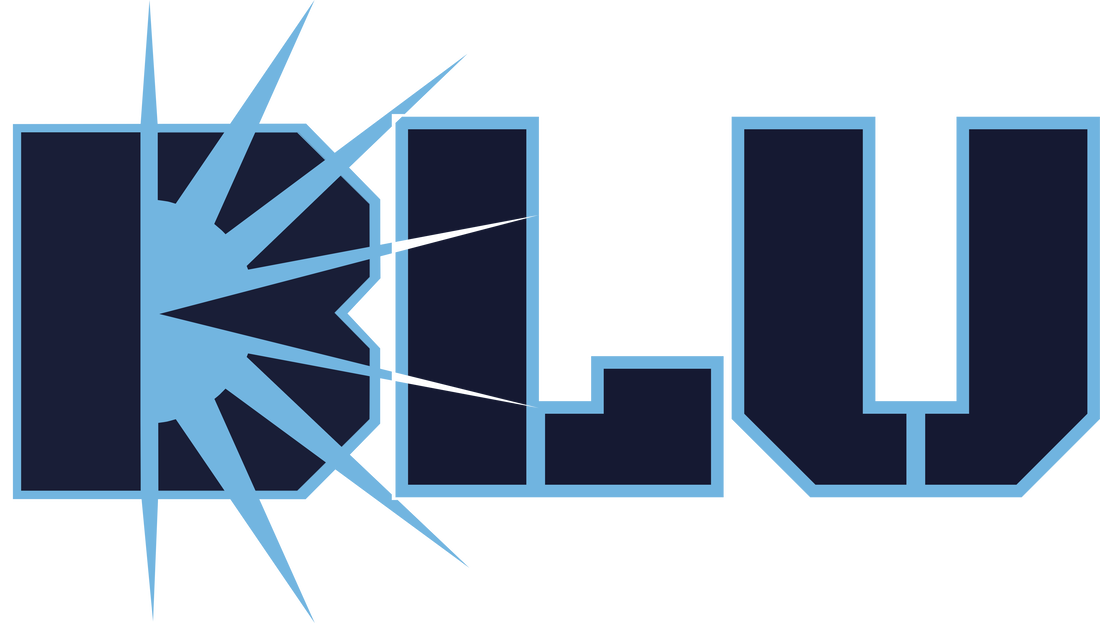


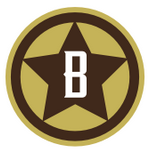
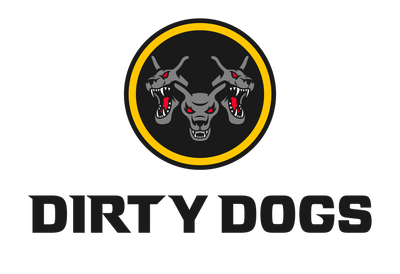
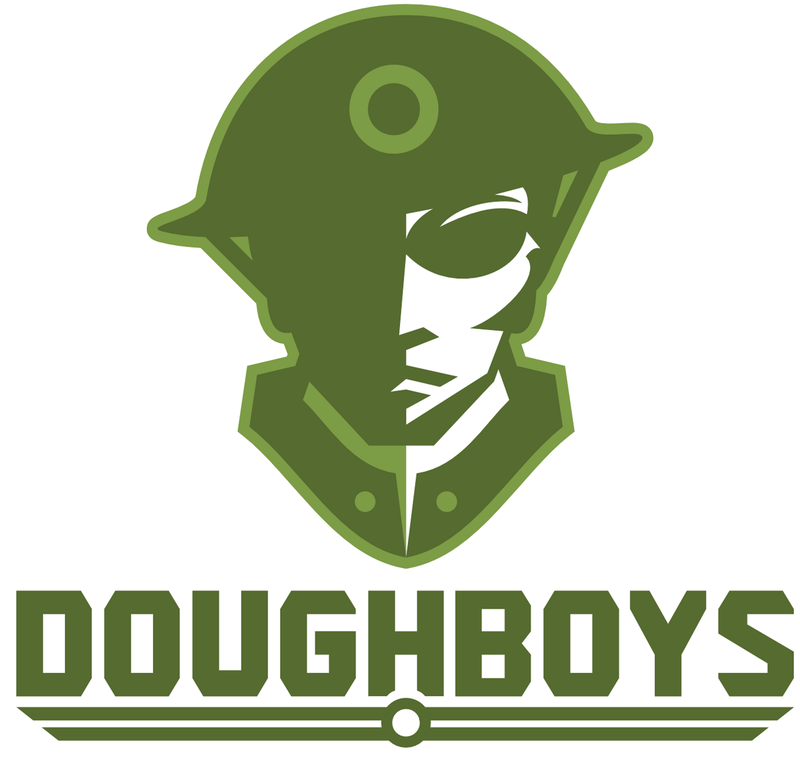
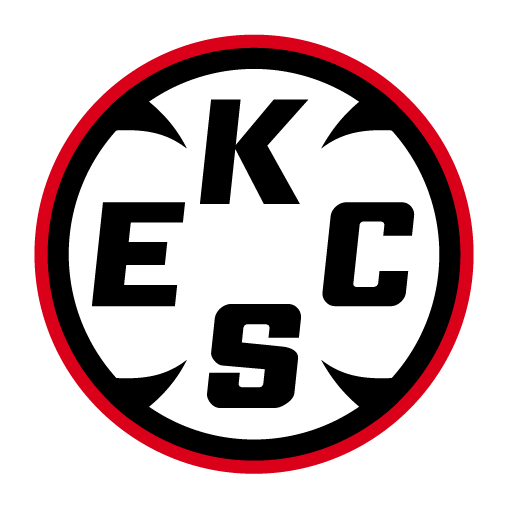
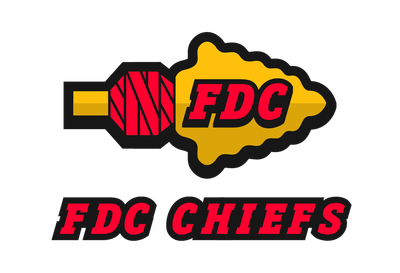
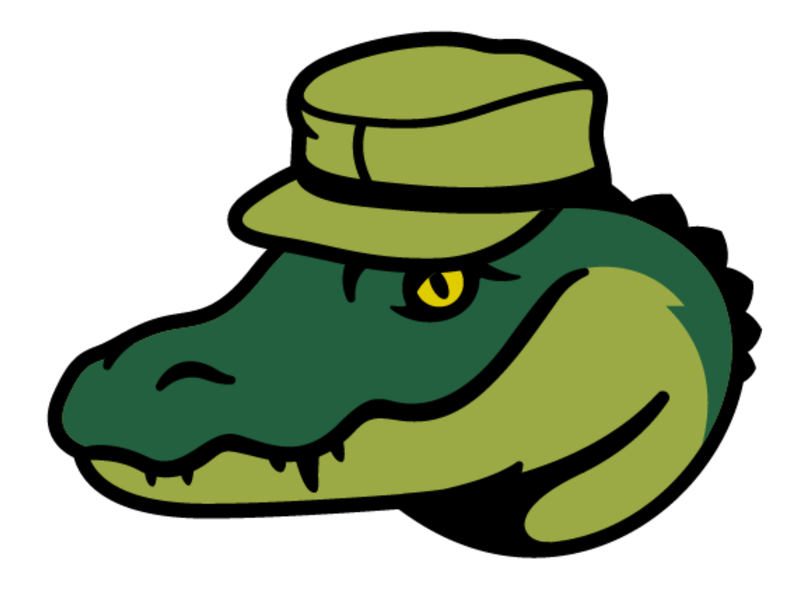
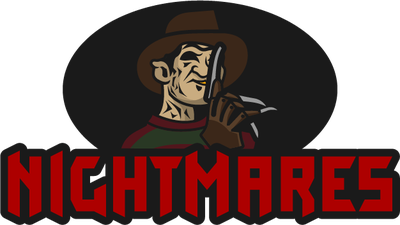
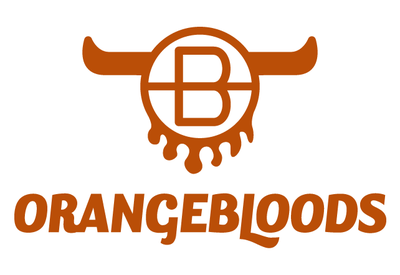
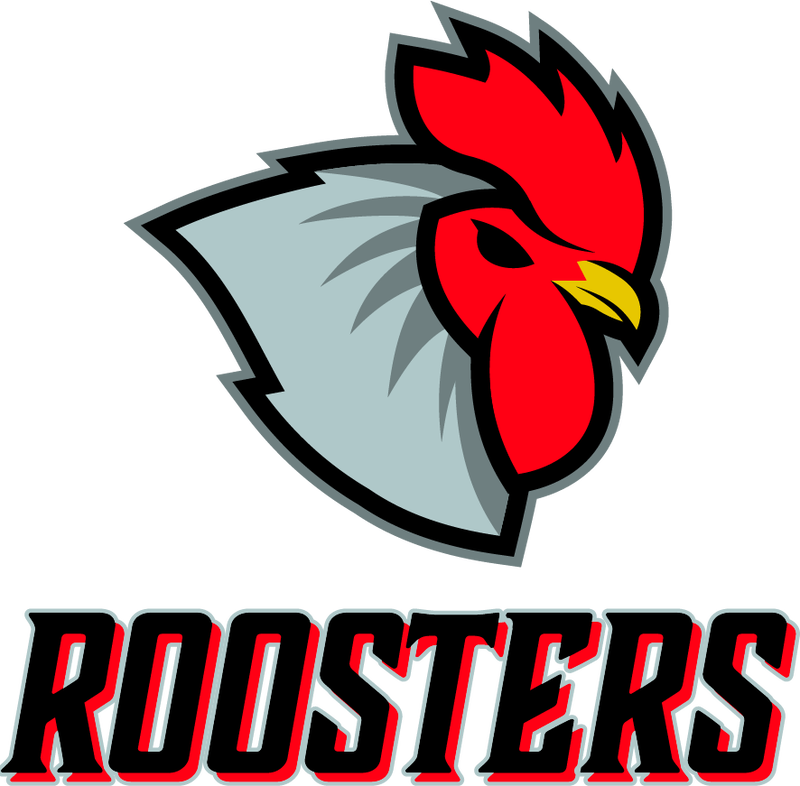
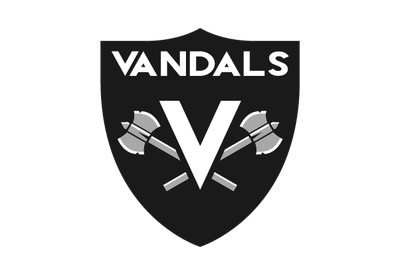
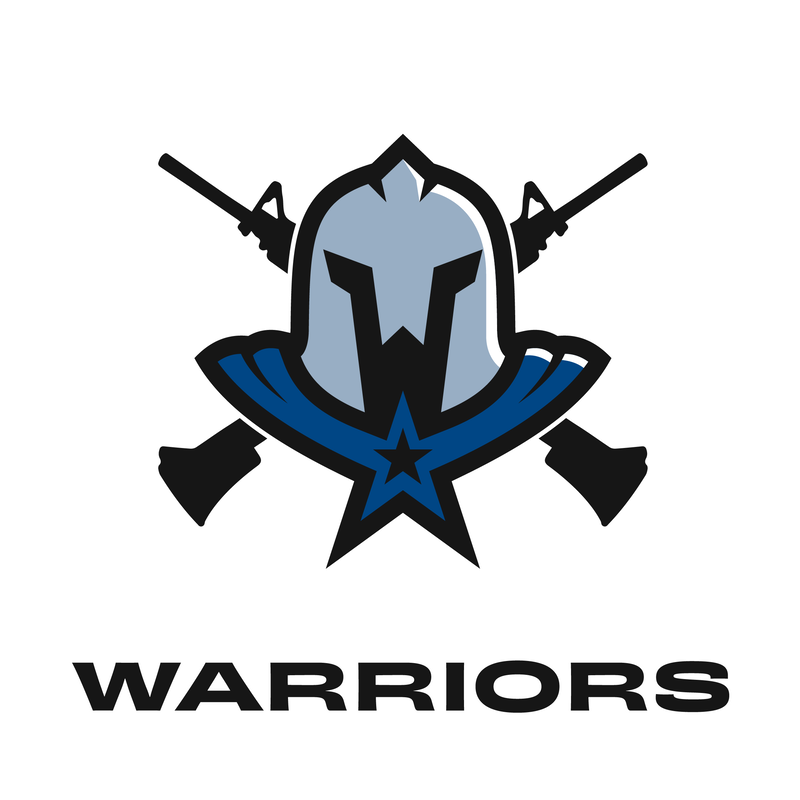
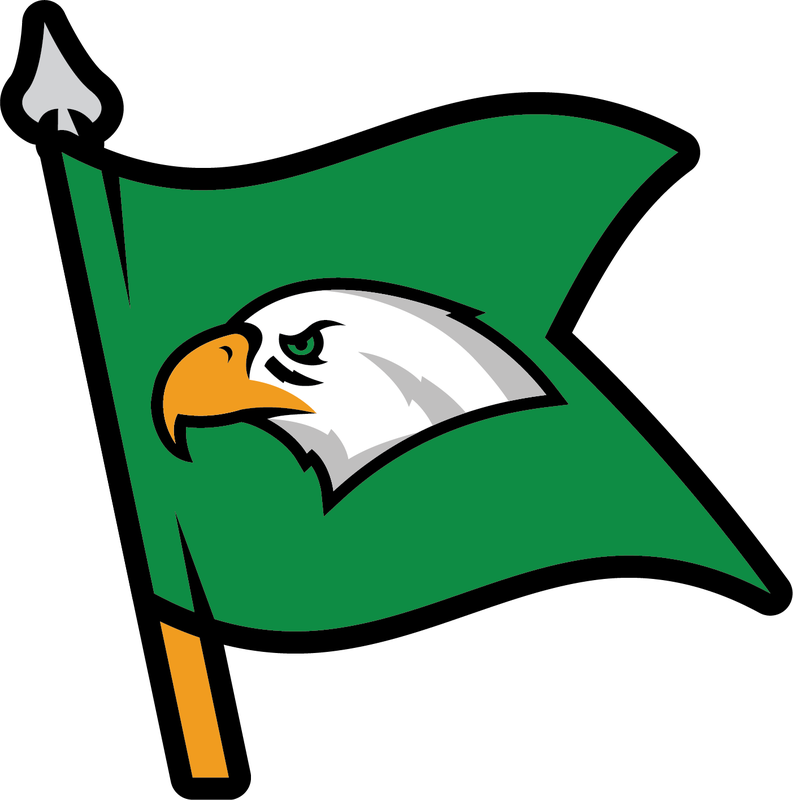
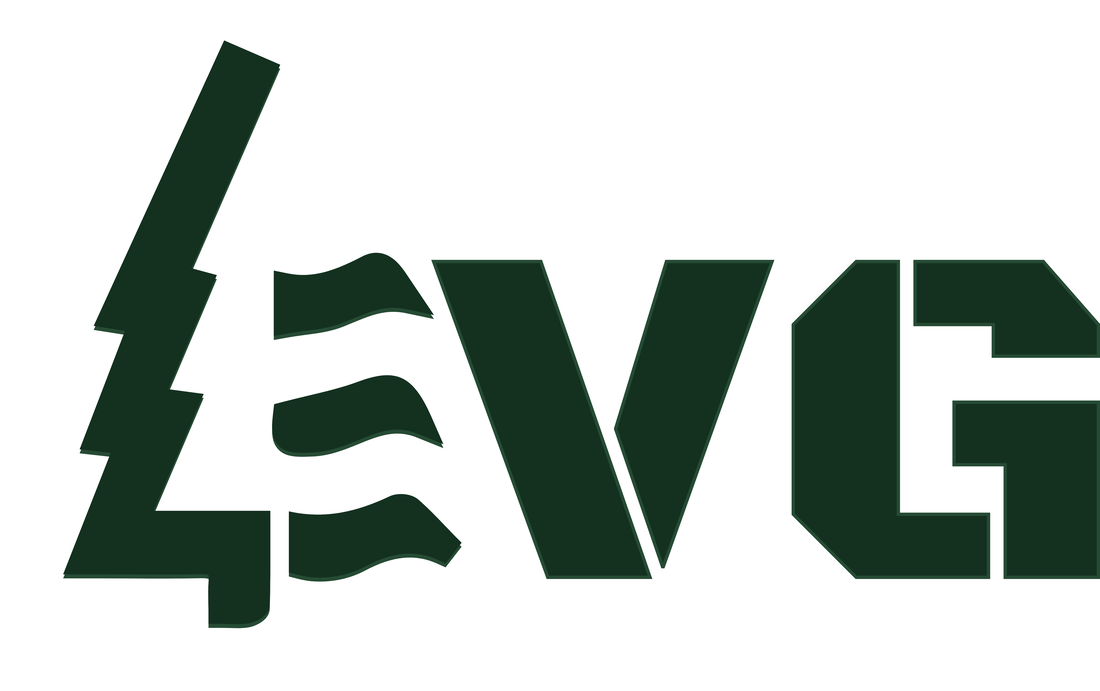

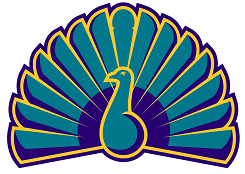
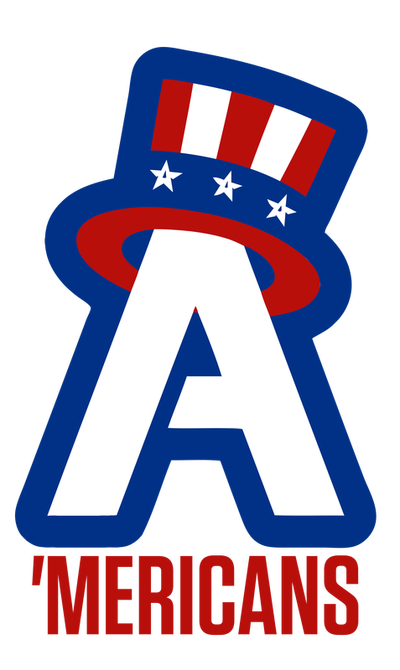
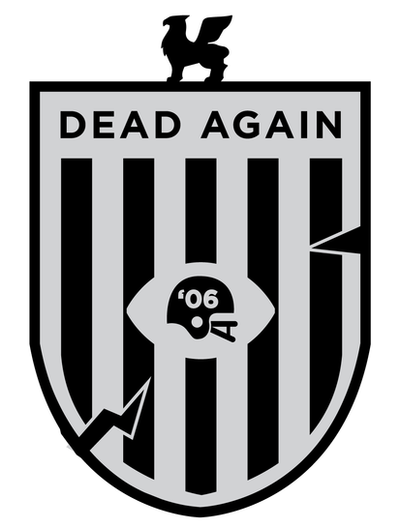
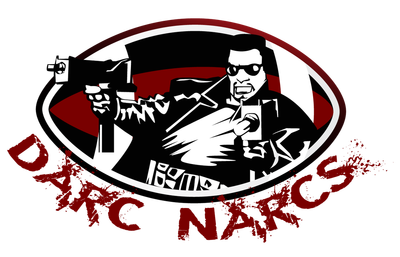
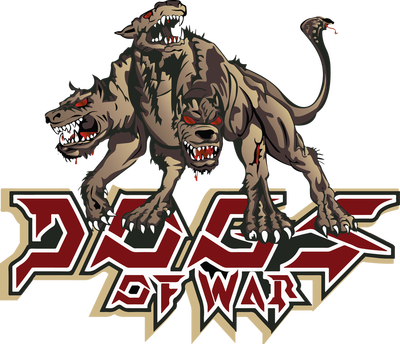
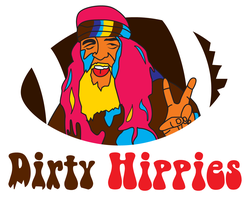

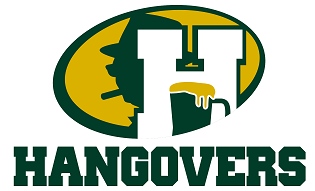
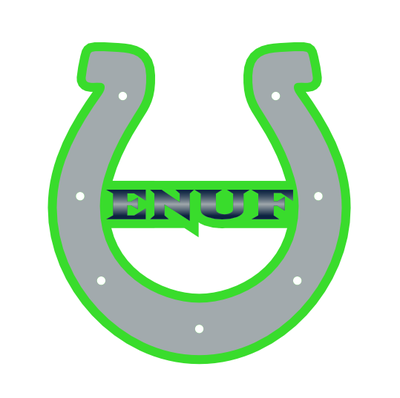
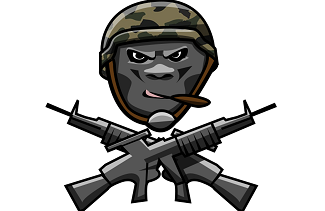
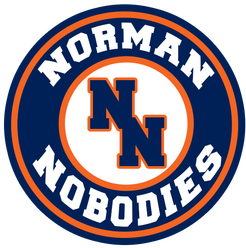
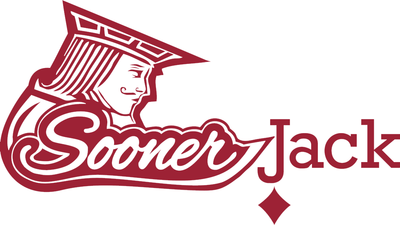
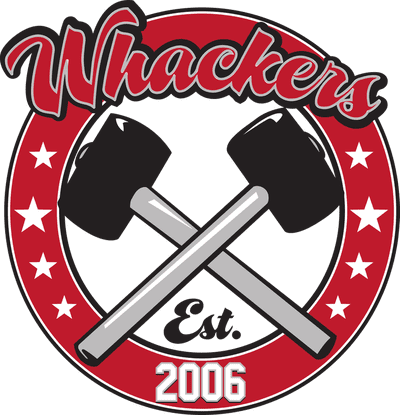
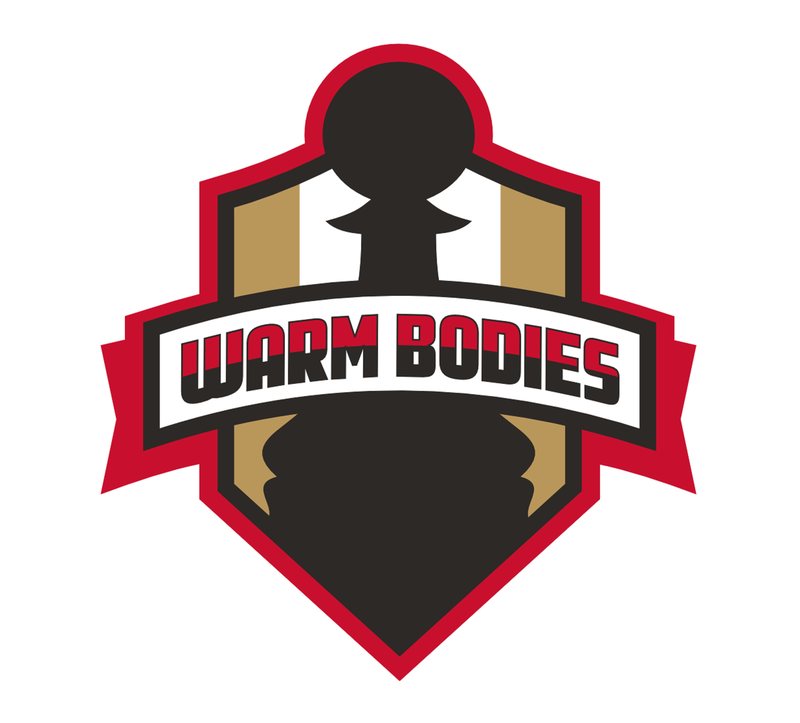
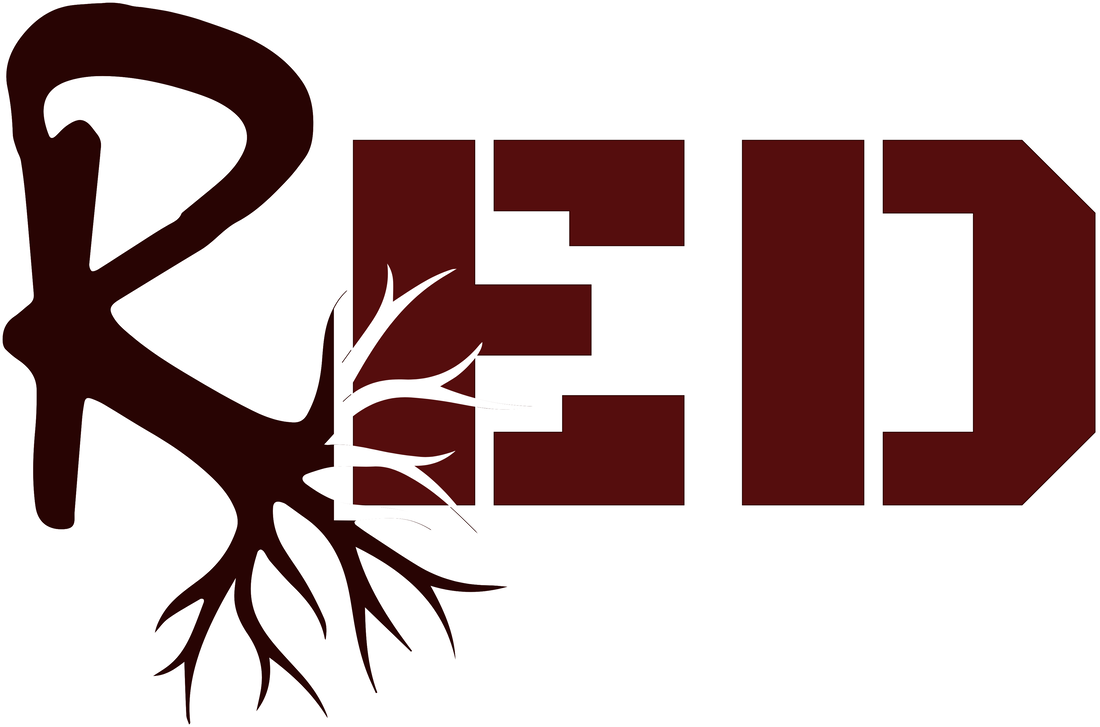

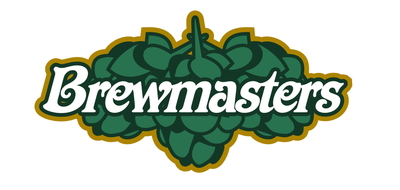
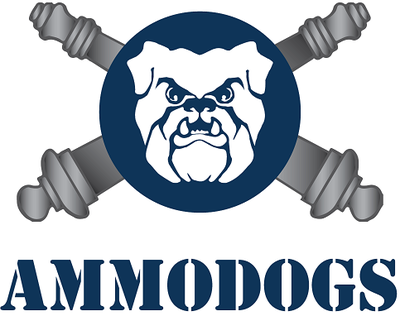
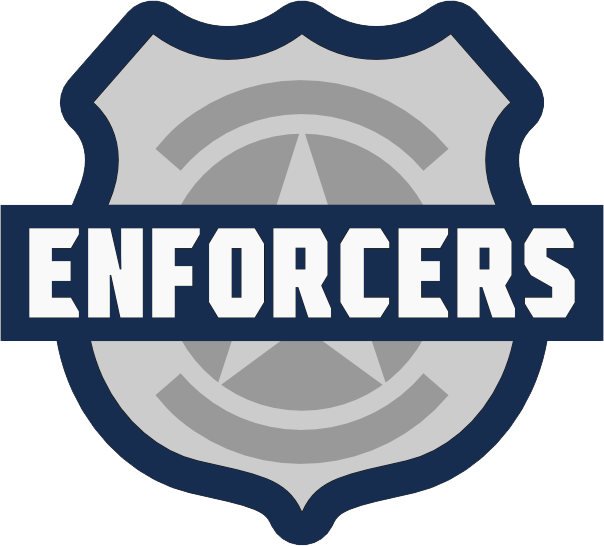
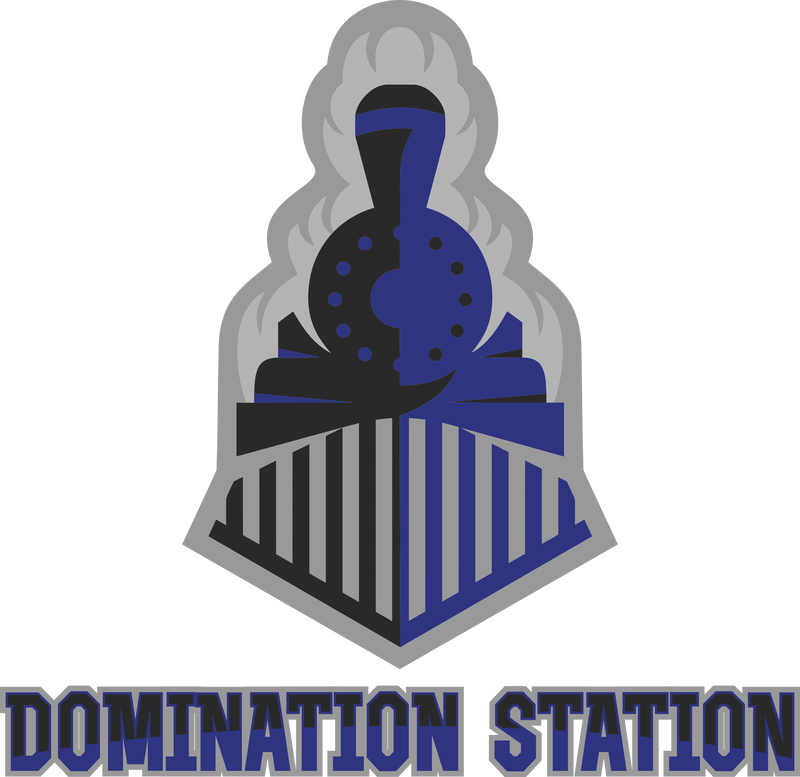
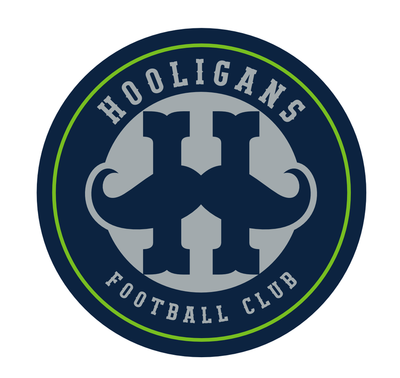
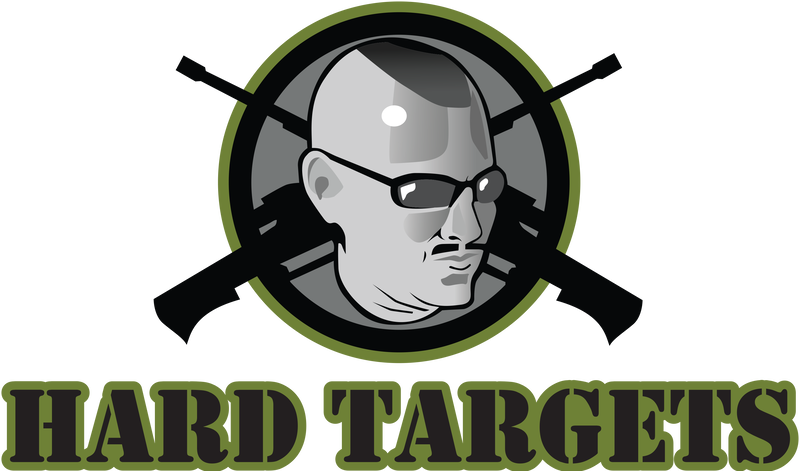
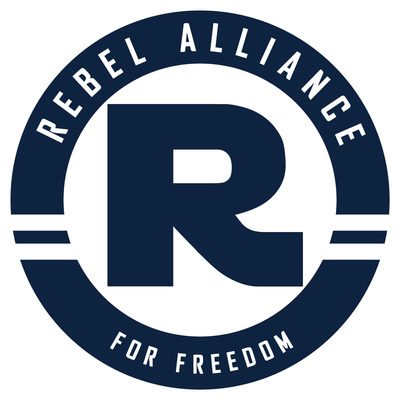

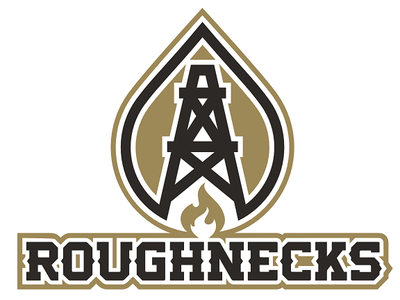
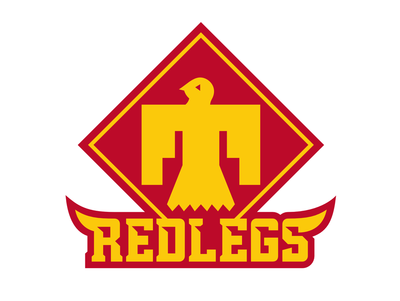


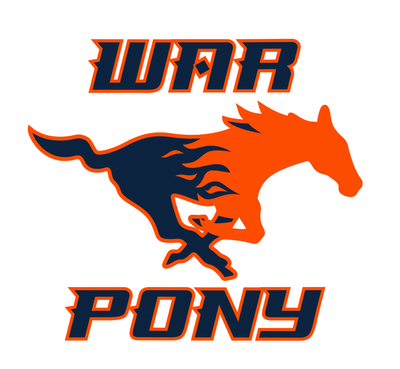


 RSS Feed
RSS Feed
